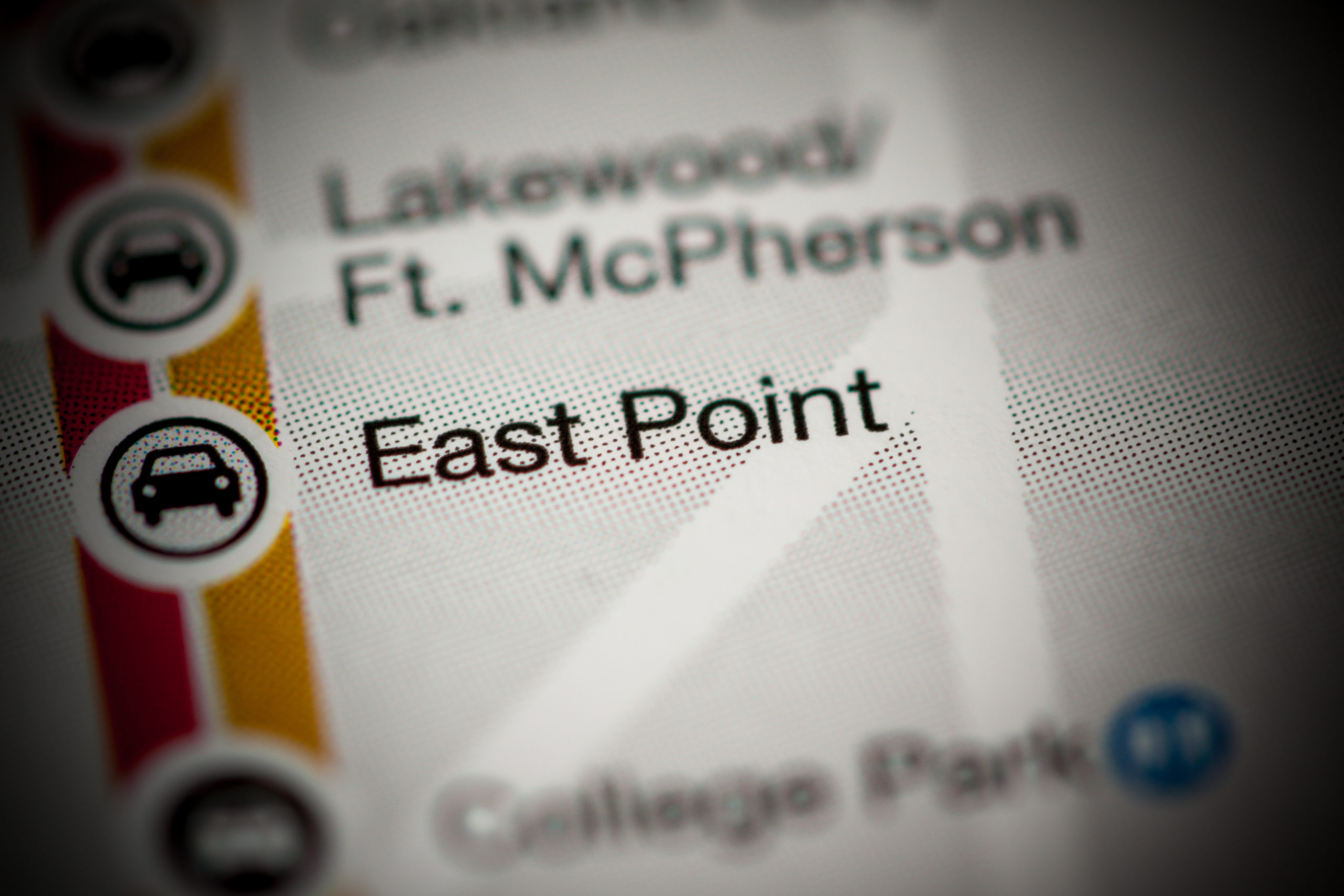Revenue and Ridership Analysis of Commuter Parking & Transit-Oriented Development
With HR&A’s parking and ridership forecast model, MARTA can confidently evaluate the financial implications of providing free commuter parking and transit-oriented development.
CHALLENGE
$2.8 billion in new transit funding, rapid regional growth, and an unexpected spike in ridership – due to the emergency closure of a major transportation artery – compelled MARTA to evaluate and identify the appropriate level of commuter parking capacity along its rail system. Station parking, which is free for commuters, represents a significant cost to MARTA, and replacement requirements for existing parking reduce the financial feasibility of building transit-oriented developments at stations – which could bring new riders and revenue to the system.
To better understand the appropriate balance between providing enough parking to meet demand and creating new transit-oriented development opportunities at stations, MARTA engaged HR&A to create a flexible modeling tool that allows the agency to evaluate the financial and ridership implications of supporting different levels of parking and transit-oriented development at each station.
Solution
HR&A developed a model to forecast the changes in demand for parking through 2040 at five MARTA stations. This model relied on regression analysis to identify the relationship between parking demand and observable conditions, then used regional transit planning growth projections to forecast demand. Working with transportation consultants Fehr & Peers, the team created a flexible, user-friendly evaluation tool from the model, which details the impact of transit-oriented development and parking scenarios on anticipated MARTA revenue and ridership.
Impact
HR&A is now working with MARTA to expand the tool to the remaining 18 stations with parking facilities in the rail system. In addition, MARTA anticipates using the tool to support its negotiations with a development partner for the second phase of the Edgewood-Candler Station transit-oriented development project and future transit-oriented projects. The tool will help inform the optimal level of replacement parking required of the developer.

With HR&A’s parking and ridership forecast model, MARTA can confidently evaluate the financial implications of providing free commuter parking and transit-oriented development.